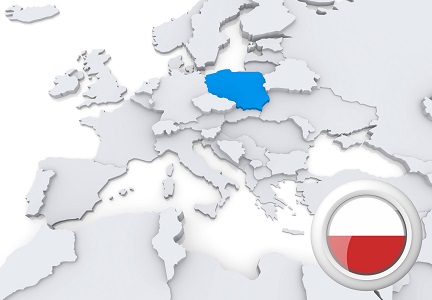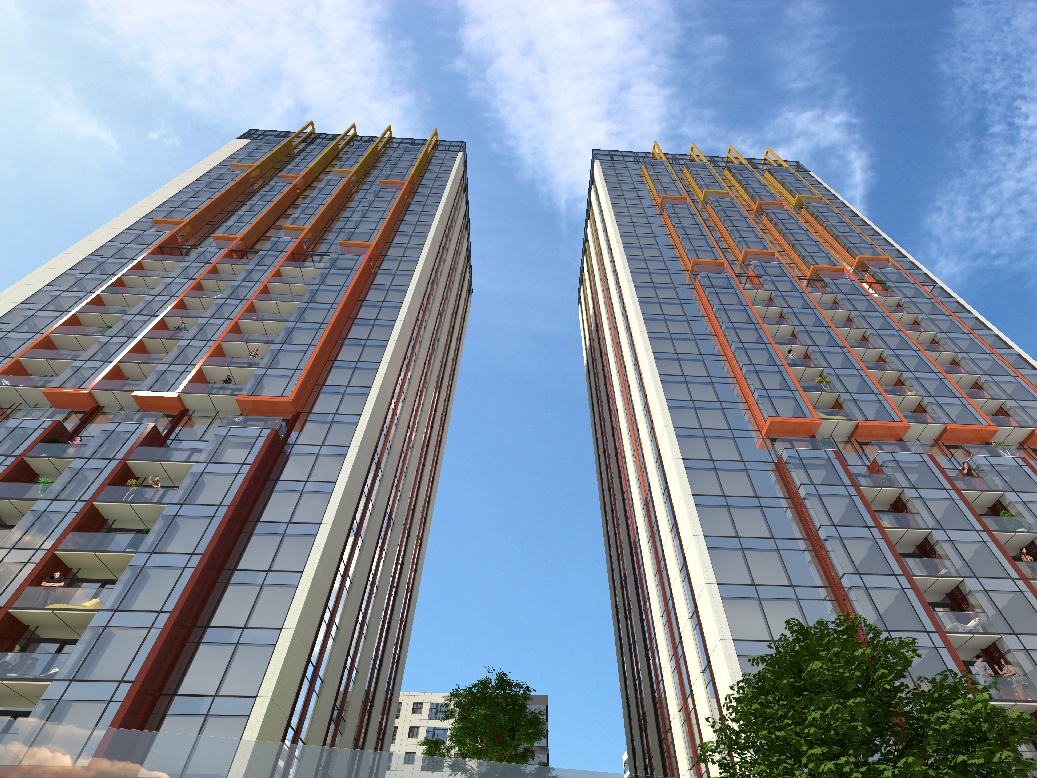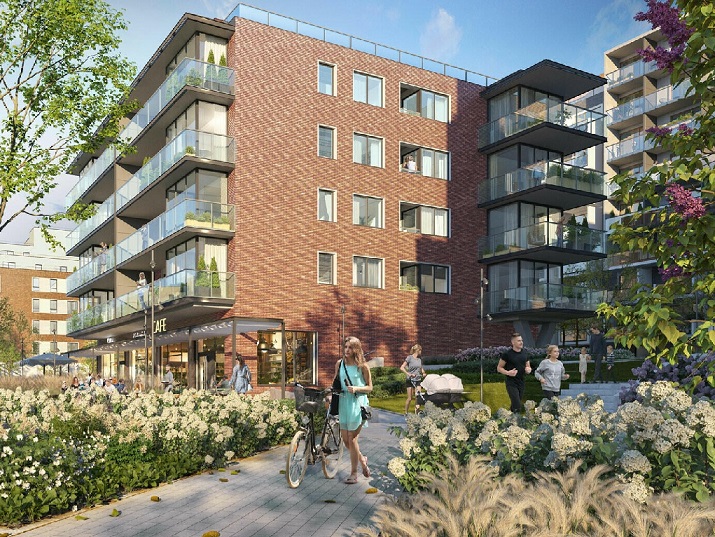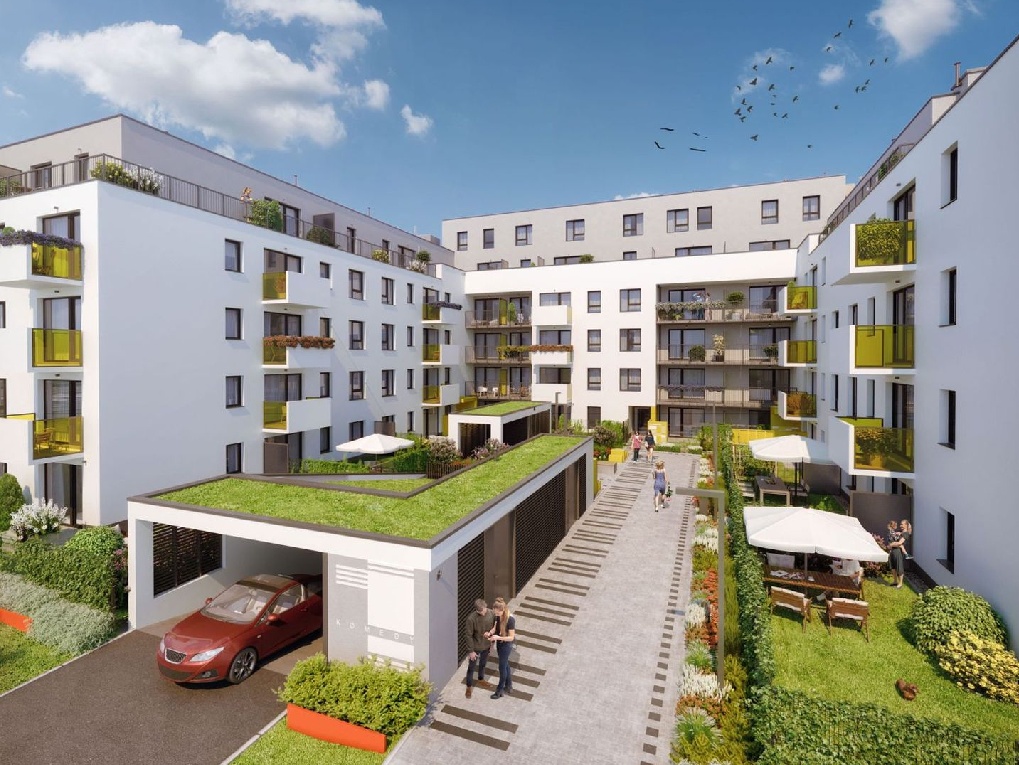PROPERTIES & RESIDENCE
Poland
via Company formation

Advantages of obtaining a property in Poland
Investing in Polish property is a solid option, as the country's economy has performed exceptionally well in recent years, with a growth rate exceeding 3% annually for the past eight years. Additionally, unemployment levels remain very low, hovering at just 3.5%, and the national debt is relatively low when compared to other EU nations. With a GDP per capita of approximately USD 16,000 per year and a continuing upward trend, Poland remains one of Europe's fastest-growing economies. Furthermore, many corporations have relocated their back offices to Poland.
Poland takes pride in its highly educated population, with the majority of its people being literate and able to speak foreign languages. There are many flights in and out of Polish cities, including low-cost airlines that offer several flights to all Polish cities daily. Additionally, investing in real estate in scenic locations such as lakesides, mountains, or the coast can be very lucrative.
While property prices in major cities range from EUR 2,000-5,000, the market remains robust and is steadily increasing. Rental yield also offers a favorable return, averaging up to 12% annually.
Note that Lee & Bronski can suggest investment apartments that offer an even higher yield.
Transaction costs for buying property in Poland are relatively low. Real estate agents' commissions are approximately 2%, and notary fees range from 1.5-2%, with higher-end properties carrying lower fees. For new properties purchased from developers, a 23% VAT applies.
Residence permits based on real estate ownership
Residence cards are issued to individuals who are starting businesses. To qualify for the residence permit, entrepreneurs must demonstrate an ability to earn an annual income of at least EUR 15,000. The business can be related to property investment, management, and other industries. It is worth noting that numerous foreign companies have already entered this line of business, making it a popular choice for many aspiring entrepreneurs.
Residence permits based on new company formation
Residence cards are issued to people starting up businesses. The entrepreneur has to demonstrate that they can make an annual income of at least EUR 15,000 to be eligible for the residence permit. Business can be related to property investment, management etc. Thousands of foreign companies have already entered this line of business.
Taxes & Rental income tax
The tax implications for property ownership in this region are worth noting. Property income tax begins at a rate of 8.5%. Capital gains tax is set at 19%; however, if you retain ownership of the property for at least five years, you will be exempt from paying this tax. VAT is set at 23%, corporate tax at 20%, and income tax at 19% or 32%. Social security tax rates vary and can be as high as 35%, though there may be certain exemptions available. It is important to be aware of these taxes when considering investing in property in this region.
Other residence types in Poland
There are various types of residence permits available in Poland, including education and spouse visas, among others. Lee & Bronski can help find a solution tailored to your specific needs. Whether you are interested in residing in Poland for work, education, or personal reasons, Lee & Bronski is equipped to provide assistance and guidance throughout the process.
Which residence permits offer a path to permanent residency and citizenship?
To apply for a Polish passport, you must have maintained permanent residence in the country for a minimum of five years. Additionally, you will need to demonstrate that you either own or rent an apartment and have a source of income. It is also necessary to pass a language proficiency test in Polish.
Obtaining a Polish passport has significant advantages, as it allows for visa-free travel throughout the European Union, as well as to the United States and Canada.
Restrictions
Foreigners who stay in Poland for more than 183 days a year are subject to a worldwide income tax. However, becoming a fiscal resident may not always be the most advantageous option, particularly if you are from another EU state.
It is also worth noting that all entrepreneurs are required to pay for their own social insurance, as well as that of their employees. The insurance provides coverage for free health services for the policyholder, their spouse, and their children.
Poland
Beautiful. Entrepreneurial. Competitive.
The country's strong position on the map of business-friendly places is reflected in actual business transactions and investments. In 2019, Poland was also ranked highest in the CEE region and third in Europe in terms of greenfield investment value - USD 21.8 billion. It is no coincidence that at the end of 2020 Poland is the third preferred location in Europe for foreign investments, and despite the pandemic, we have nearly 200 foreign investments in this year's portfolio with a total record value of EUR 10 billion!
Current OpportunitiesGrowth And Business Advantages
In 2020, Poland experienced a GDP contraction of only 3.5%, which is significantly less than the OECD average of 5.5%. Comparatively, the UK's GDP contracted at a staggering rate of 9.9%. Despite the pandemic's impact on economies across Europe, Poland's official unemployment figures have remained relatively stable and are currently the lowest in the European Union, according to the latest Eurostat data.
It is also important to note that Poland's economy was performing well before the pandemic. The IMF's World Economic Outlook from October 2019 forecasted a growth rate of 3.1% for 2020. While the Polish economy's growth rate fell short of the projected figure, with a 6.6 percentage point drop, it is still a milder slowdown than that of many other countries. For instance, the Czech Republic experienced an 8.1 percentage point drop (from +2.6% to -5.5%), Hungary had an 8.3 percentage point drop (from +3.3% to -5%), the UK's drop was 11.4 percentage points (from +1.4% to -10%), and Spain had a nearly 13 percentage point drop (from +1.8% to -11%).
According to research conducted by KPMG among nearly 1,300 CEOs worldwide, 83% of CEOs are positive about the prospects for their companies' development over the next 12 months. Of those, 65% perceive technological advancements as an opportunity for growth, rather than a threat to their business. In Poland, this percentage is even higher, with 96% of CEOs considering technological advancements as an opportunity for development.
Real Estate Trends
Real estate prices have been rising for months. Secondary market prices are rising literally everywhere and for any type of property. However, the largest increases are in the area of plots and detached houses. Prices of apartments increased the most in Gdynia (8.3%), Gorzów (7.6%) and Sopot (6.1%). In Poznań, the prices of flats increased by 4.1% on average, while in Warsaw - by 3.8%. "Own house at any cost" is the right way to explain instant swipe of detached compounds off the market.
Read More ...

Poland > Wroclaw — Sky Tower 48F
Wroclaw
Poland > Warsaw — Moxo House
Warsaw
Poland > Giant Mountains — Passive Income on Rental
Szklarska Poreba






